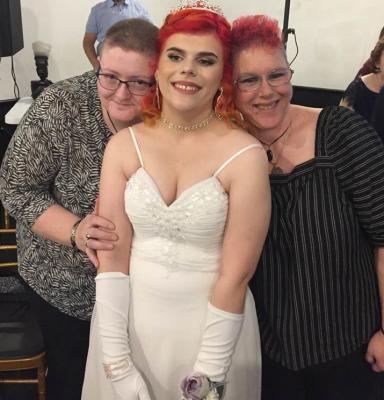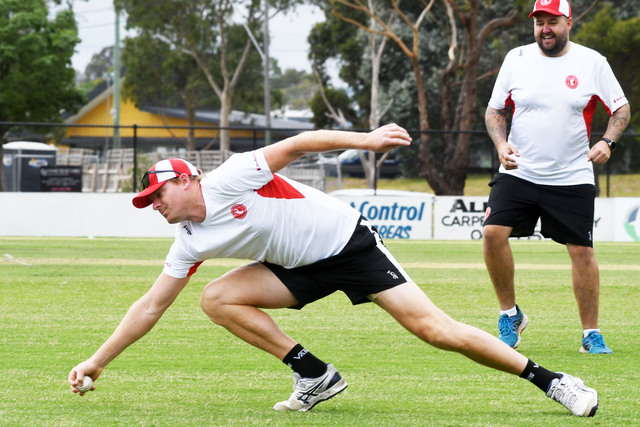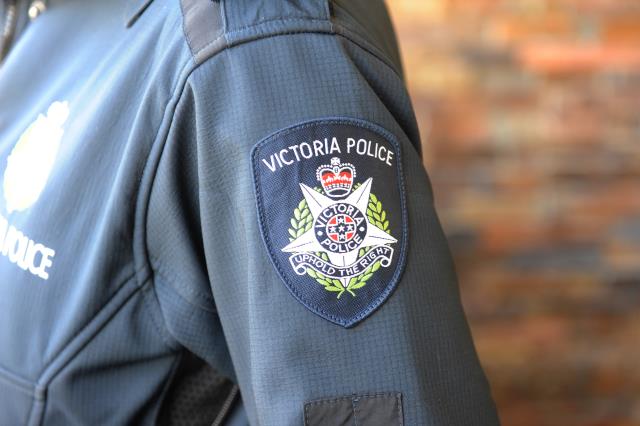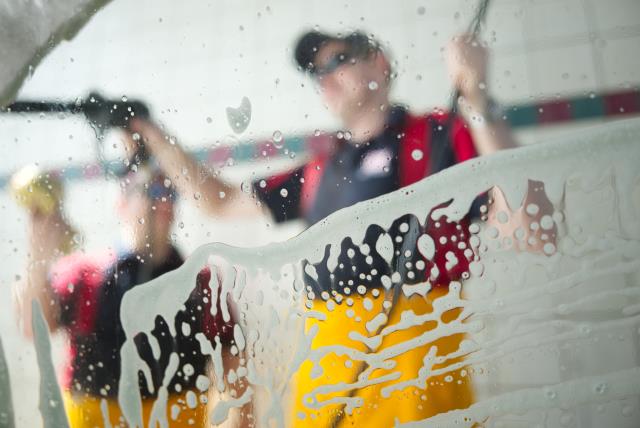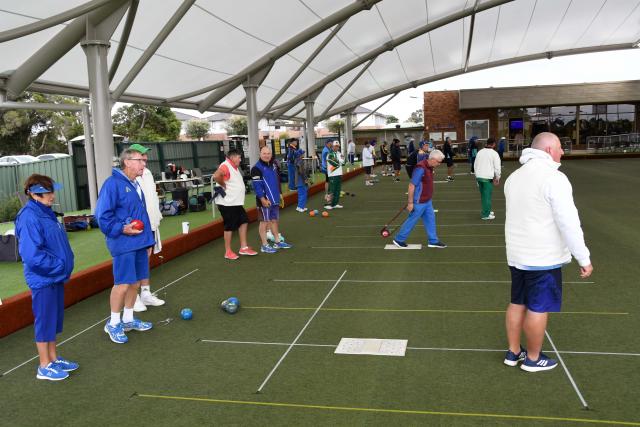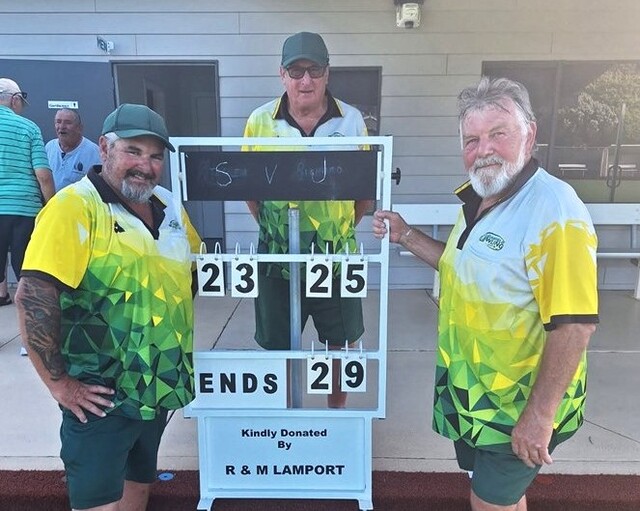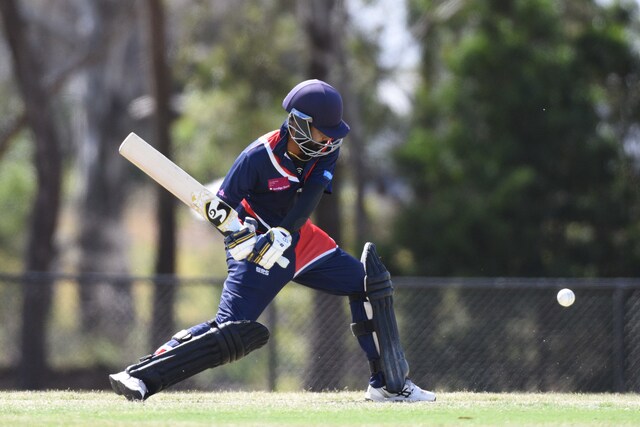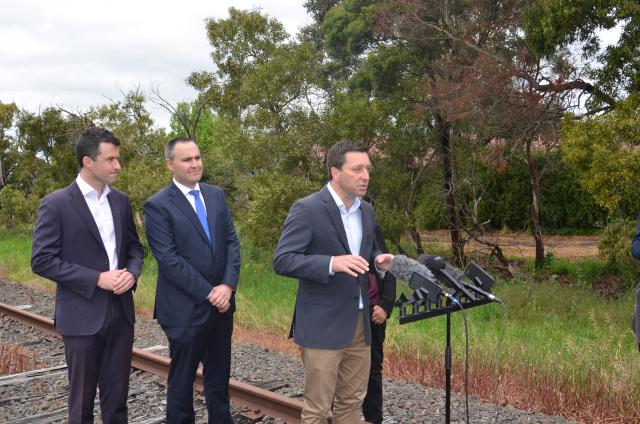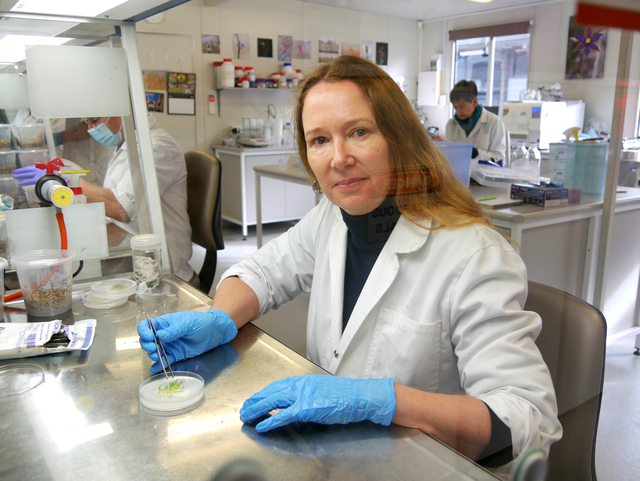The Covid-19 pandemic has put added pressures on families and more than ever, Australia has a shortage of foster carers.
During Foster Care Week from 12-18 September, leading child welfare organisation Anglicare Victoria is shining a spotlight on the urgent need and great reasons why people should give foster caring a go.
Around 46,000 Australian kids are in foster care.
Most of these children enter the foster care system through no fault of their own; often they are under a child protection order.
Many are deemed to be at risk of violence, neglect or abuse in their family environments.
Some families may simply not have the capacity to provide their children with the care and protection they need due to illness, financial reasons, or an unexpected change in circumstances.
Paul McDonald, CEO of Anglicare Victoria says Foster Care Week is the perfect time to consider opening your home and heart to kids in need.
“In Victoria alone more than 14,000 children and young people are under care and protection orders.
“The Covid crisis has put many carers under additional stress, resulting in a number taking a well-deserved break from fostering,” he said.
“In our agency alone, we urgently need around 90 new foster carers to give children a safe, stable and supportive home.
“Across the state of Victoria, the number of new foster carers needed could very likely exceed 700. The situation is dire.”
Cranbourne couple Brenda and Zoe have been foster carers for more than 10 years.
Zoe said she personally got into foster caring by providing respite care for children with disabilities.
Over the years they have provided respite, short-term, overnight emergency care and long-term and permanent care to more than 30 kids.
“I think for us in particular we knew there was a need and had the time, love and space in our home and life to share so decided there was no better way than to help support some of the thousands of kids out there that are in need,” she explained.
Zoe and Brenda currently care for two children – an almost-one-year-old and a three-year-old – who came to them as babies.
They also care for a 21-year-old who is in care under NDIS funding and a 19-year-old who lives with the family part-time.
One of the biggest challenges is that you don’t always know how long the child will stay with you for, Zoe explained.
There are also processes to be followed to ensure child safety, and the “heartbreaking” moment when a child leaves, often to go to a different place of care.
But ultimately, being a carer is rewarding, she added, knowing that you’ve done what you can to provide a child with a bit of stability.
“Fostering is not always easy … but in so many other ways it’s one of the best things I can think of to do,” Zoe said.
“It doesn’t take anything special, just someone willing to open up their home and heart to caring for a young person who needs some support and stability for a while to help them achieve their full potential in life.”
According to Anglicare Victoria, it normally takes three to six months to go through the assessment and training process.
Foster carers are reimbursed for out of pocket expenses related to the care of the child or children, and are supported throughout the process.
Anglicare Victoria is currently looking for all types of foster carers, but particularly those that are willing to take in children for a short to long term period.
School aged children are often the most difficult to place and carers willing to take in such children are urged to reach out.
Foster carers can be adults who are single, married, in same-sex relationships, older, younger, with or without their own kids.
“Anyone with empathy, compassion, resilience and dependability should consider giving it a go,” Mr McDonald said.

